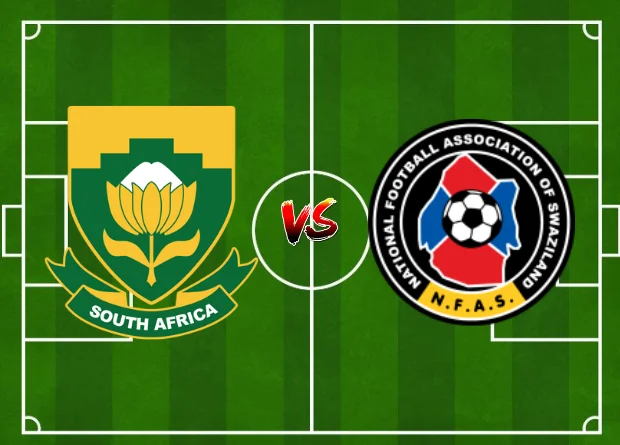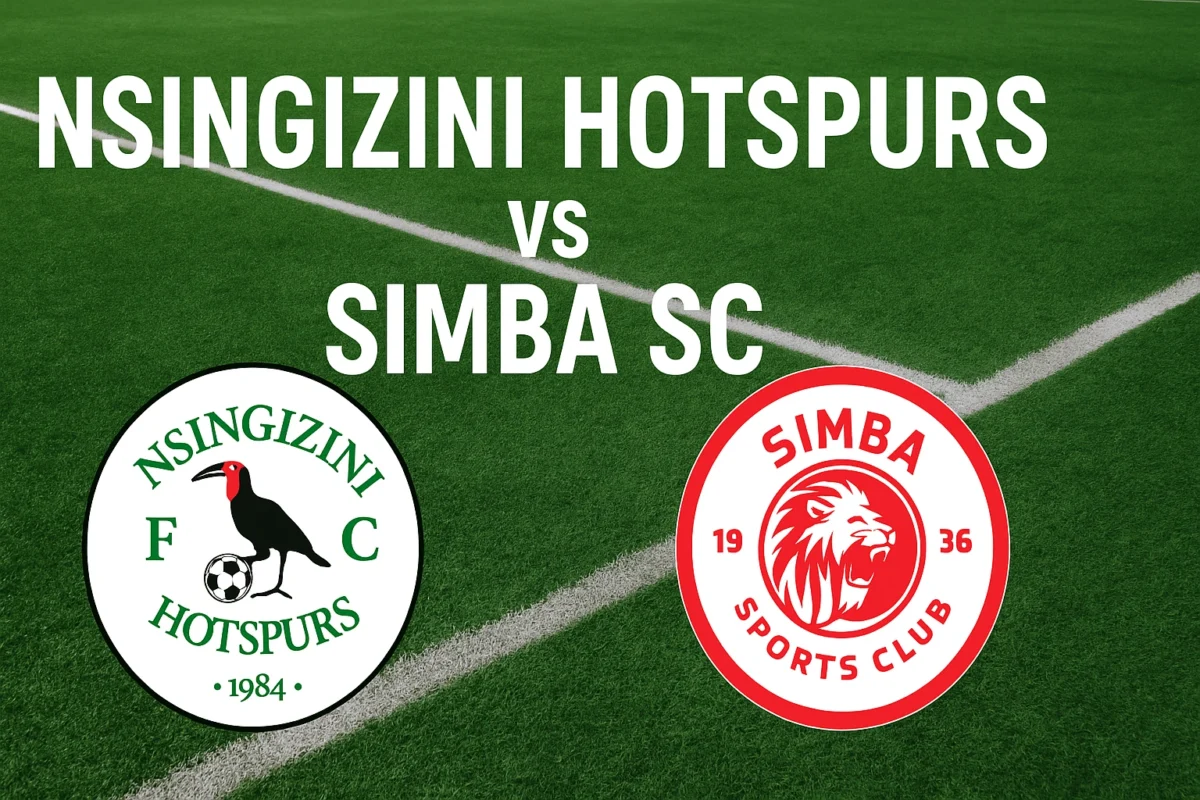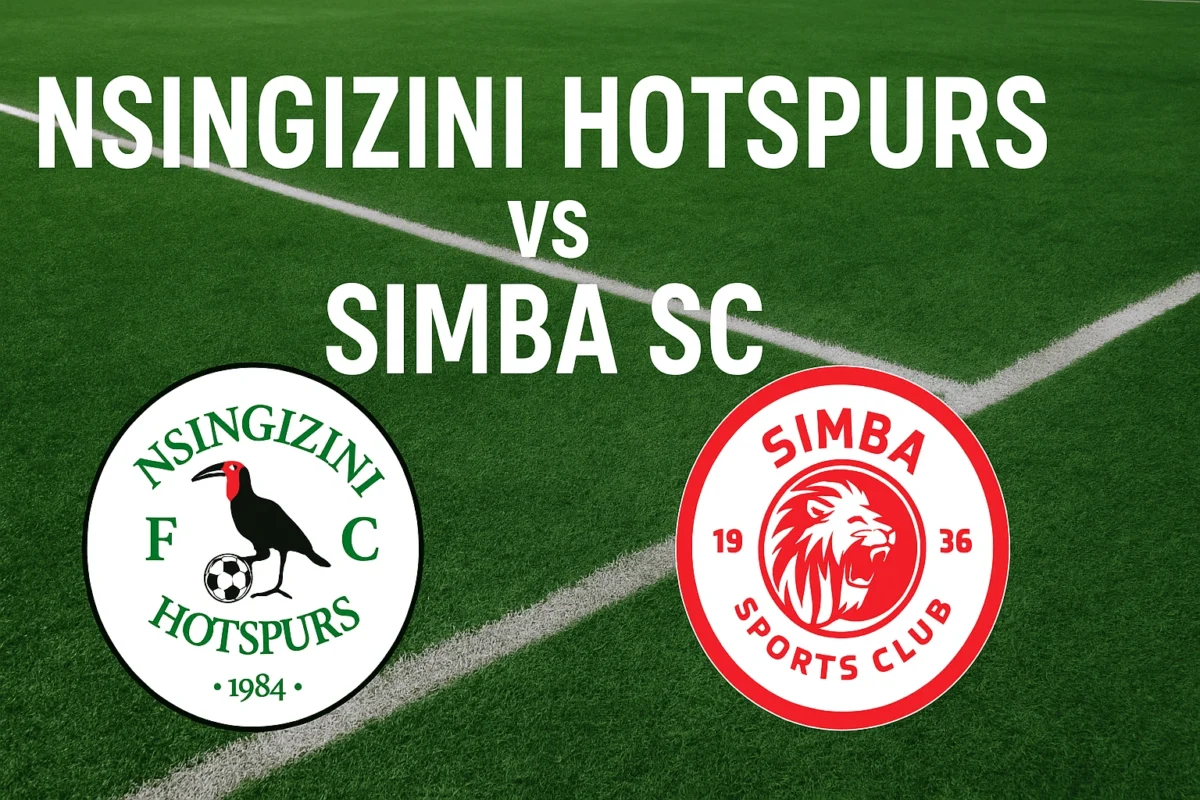Africa’s 2026 FIFA World Cup qualifiers saw nine nations, including Cape Verde for the first time, secure direct spots. See which teams qualified and who faces CAF playoffs.
The road to the 2026 FIFA World Cup has been one of the most captivating qualification journeys in African football history, filled with emotion, resilience, and remarkable milestones. From giants reaffirming their dominance to small nations rewriting history, this qualification phase has captured the essence of African football: passion, unpredictability, and unity through sport.
Africa FIFA World Cup Qualified Teams and CAF Playoff
With the top team from each of the nine groups securing direct qualification, attention now turns to the CAF Playoffs, which offer one additional African route via the intercontinental playoff.
The Nine Group Winners (Qualified Directly)
| Group | Team | Points |
|---|---|---|
| A | 🇪🇬 Egypt | 26 |
| B | 🇸🇳 Senegal | 24 |
| C | 🇿🇦 South Africa | 18 |
| D | 🇨🇻 Cape Verde | 23 |
| E | 🇲🇦 Morocco | 24 |
| F | 🇨🇮 Ivory Coast | 26 |
| G | 🇩🇿 Algeria | 25 |
| H | 🇹🇳 Tunisia | 28 |
| I | 🇬🇭 Ghana | 25 |
Runners-up in the Playoffs Race
| Rank | Team | Points |
|---|---|---|
| 1 | 🇬🇦 Gabon | 25 |
| 2 | 🇨🇩 DR Congo | 22 |
| 3 | 🇨🇲 Cameroon | 19 |
| 4 | 🇲🇬 Madagascar | 19 |
| 5 | 🇳🇬 Nigeria | 17 |
| 6 | 🇺🇬 Uganda | 18 |
| 7 | 🇳🇦 Namibia | 15 |
| 8 | 🇳🇪 Niger | 15 |
| 9 | 🇧🇫 Burkina Faso | 21 |
From these, the four highest-ranked runners-up are expected to enter the CAF Playoff phase, fighting for the final African slot. The playoff winner will then join an intercontinental playoff — where one last spot for the World Cup will be decided.
🇨🇻 Cape Verde’s Historic Breakthrough
The most inspiring story, however, belongs to Cape Verde. The island nation, with a population of just over half a million, achieved the impossible — qualifying for the FIFA World Cup for the first time in their history.
Led by their charismatic coach Bubista, Cape Verde’s blend of European-based professionals and homegrown talents delivered a fairytale run. Their home victory over Cameroon sealed a historic qualification, triggering days of national celebration. Streets in Praia and Mindelo filled with songs, tears, and flags — a scene that captured what football means to the soul of Africa.
For Cape Verde, this wasn’t just a sporting achievement; it was a statement — that determination and unity can elevate even the smallest nations onto the world’s biggest stage.
Powerhouses Reclaim Their Thrones
African football’s traditional heavyweights made sure their legacy remained intact.
Egypt, Morocco, Tunisia, Ivory Coast, Ghana, and Algeria — all familiar names on the world stage — showcased their experience and depth, leading their groups convincingly.
-
Egypt topped Group A with an unbeaten run, displaying discipline and tactical mastery under coach Rui Vitória. Mohamed Salah continued to inspire, guiding the Pharaohs to their fifth World Cup appearance in the last eight editions.
-
Morocco, Africa’s standout side at the 2022 World Cup in Qatar, breezed through Group E with perfection — 8 wins in 8 games — cementing their place as a continental powerhouse.
-
Tunisia dominated Group H with near flawlessness, conceding no goals in their final five matches, showcasing the defensive discipline that has long defined the Carthage Eagles.
-
Ivory Coast stormed Group F, relying on the brilliance of players like Sébastien Haller and Franck Kessié to maintain consistency.
-
Ghana once again demonstrated their resilience by finishing top of Group I, recovering from a shaky start to outpace Mali and Madagascar.
Each of these teams carries the responsibility of upholding Africa’s reputation in the global tournament — and each has a point to prove after mixed fortunes in recent World Cup campaigns.
The Spirit of the Continent
Beyond statistics and tables, Africa’s qualification journey has once again revealed the heart of the game. From roaring stadiums in Dakar and Cairo to the echoing drums of Johannesburg, football continues to be a language that unites the continent.
Emerging teams such as Comoros, Mauritania, and Guinea-Bissau may not have qualified, but their fearless displays against bigger nations showed that African football is evolving. Improved coaching, infrastructure, and growing professionalism across leagues are transforming the competitive landscape.
Also Check
- PSL Confirms Dates and Venues for Carling Knockout Quarterfinals
- Carling Knockout Quarter-final Fixtures 2025/26
- Starting Lineup For Nigeria vs Benin And Results
- Starting Lineup For Seychelles vs Gambia Results
- Côte d’Ivoire vs Kenya Starting Lineup, and Results
Looking Ahead to 2026
With nine teams already qualified and one more potentially joining through the playoffs, Africa will have its largest representation ever at a FIFA World Cup.
After Morocco’s historic semifinal run in Qatar in 2022, the belief that an African nation can go even further has never been stronger. The blend of tactical growth, youthful energy, and continental pride makes 2026 a tournament full of promise.




2 Comments